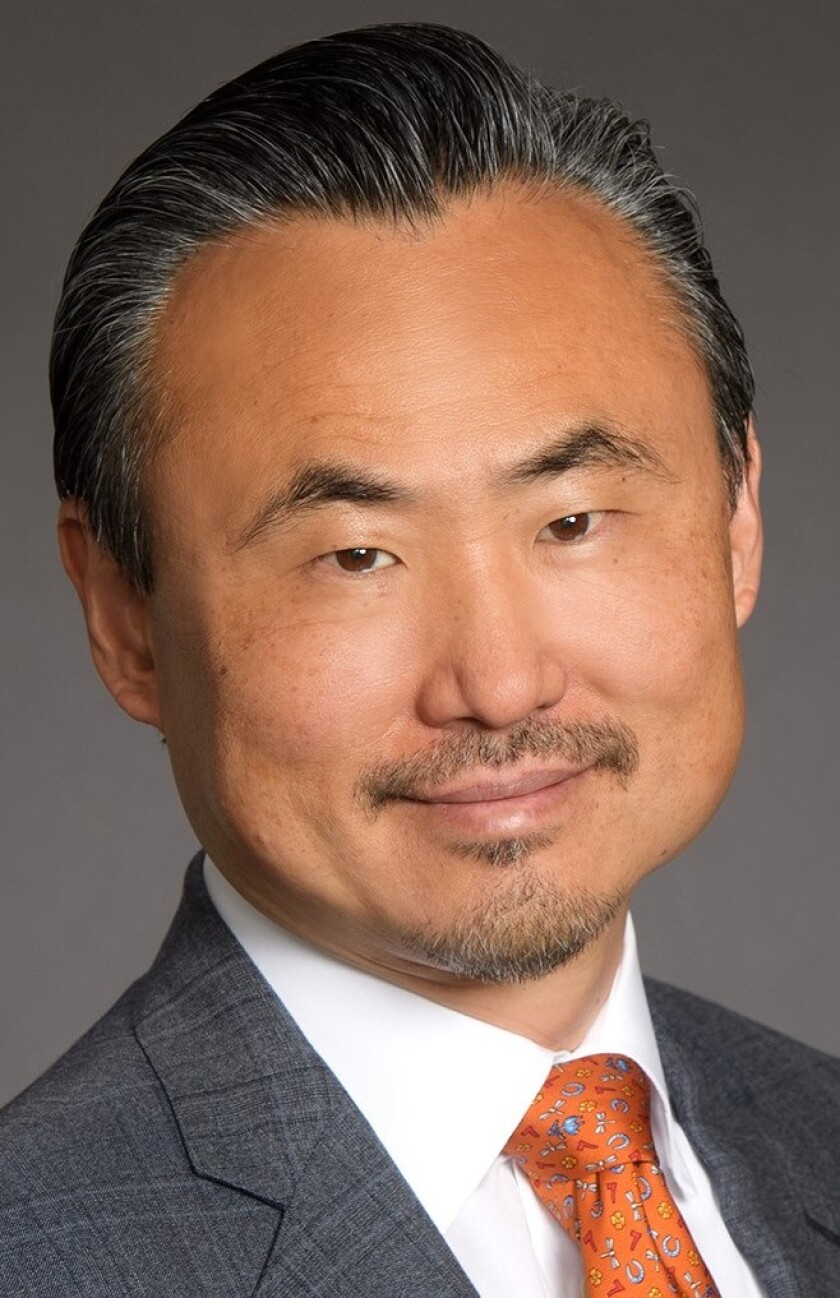
That fits with Kim’s experience and his professional passions, he said.
“I think procurement is an art, and it’s a skill that isn’t well-recognized,” he told Industry Insider — California in an interview.
The Sacramento resident’s most recent role in government was as assistant county administrator for Yolo County, which followed his tenure of almost six years as director of the California Department of General Services (DGS), the state’s business manager. Kim’s government background also includes having served as chief deputy director of operations for the California Department of Public Health (DPH), where he was among the state’s first champions of the open data portal. He also previously served as a fiscal and policy analyst for the state Legislative Analyst’s Office; budget and legislative affairs manager for the San Francisco Department of Human Services; and deputy director of administration for the Sacramento County Department of Human Assistance.
He was chief operating officer for the Natural Resources Defense Council, and in the private sector, he was a consultant for PricewaterhouseCoopers, where he led teams on re-engineering, strategic planning, and performance audit projects.
In addition to procurement, Kim says his strengths and interests include sustainability, health care and clean technology. He said those areas will be his focus in his new role.
“One of the challenges is to make sure that it’s not an adversarial kind of role between government and the vendors,” Kim said. “That’s where I hope to contribute, because I’ve been on both ends now. In a former life, I was a management consultant working on state and local government, and I used to actually submit RFPs to state departments. The process was pretty convoluted at times.”
Kim’s new role is a new one for Weideman Group.
“They’ve been doing procurement," Kim said, “but I think having a director in this role will help kind of demonstrate that we are fully integrated, not just on the lobbying and advocacy, but also with the procurement aspects.”
With his background in both the public and private sectors, Kim said he understands and respects both sides when it comes to negotiating and procurement.
“When I was the director of DGS, also the chief deputy director for the Department of Public Health, I invited vendors and stakeholders to come meet with me, because I don’t have all the answers. So I would often tell people, ‘Listen, let’s meet, I want to hear what you can do. Help me solve my problem, because I know the private sector, in many cases, has a lot of solutions.’”
To that end, he was also part of the team that created and implemented Gov. Gavin Newsom’s “Request for Innovative Ideas” (RFI2) protocol, in which vendors play a bigger role in devising and proposing solutions, rather than responding to specific instructions and specifications from state officials.
Another practice in which Kim played a foundational role was in the alignment of DGS and the California Department of Technology in a vendor group that jointly holds vendor forums. At the time, Amy Tong was CDT director and state chief information officer; she has since been elevated to secretary of the California Government Operations Agency.
Kim said that when he and Tong formed the CDT-DGS vendor group, “The whole idea was, ‘Hey, let’s have a conversation. Let’s have a dialogue. What are the things that you don’t like about the state that we can help streamline? And what are the things that we need to share with you about why we’re doing what we’re doing?’
“Having that kind of dialogue is so important, and I’m hoping to promote that” in this new role.
“My larger goal is to see how we can improve government with the help of business,” he added. “I think speeding up procurement is something that, fundamentally, we have to do. The governor wants to do that with infrastructure; you can see that happening.”
As to why he chose to join Weideman Group, Kim said, “Given just the kind of breadth and depth of what the Weideman Group does, I just really wanted to be part of that team, because they cover so many different gamuts.”
Kim is among several state technology executives who’ve moved to the private sector in the last few years.
On the personal side, Kim said: “I have a wonderful wife and two daughters, and they’re getting older now so we’re hoping to travel a bit more. And I recently put all my comic books that I bought in middle school into Mylar bags. And it turns out that in seventh grade, I had really good taste — some of them are worth something, if anyone is looking for gold X-Men and other comics.”
Volunteering in the community will also remain part of Kim’s life, he said.
“I always like to put a plug in for the Volunteers of America,” he said. “I’ve been a fan of theirs since I worked with them 20 years ago at the Department of Human Services. They do a lot of homeless housing and services. They’re a great organization.”







